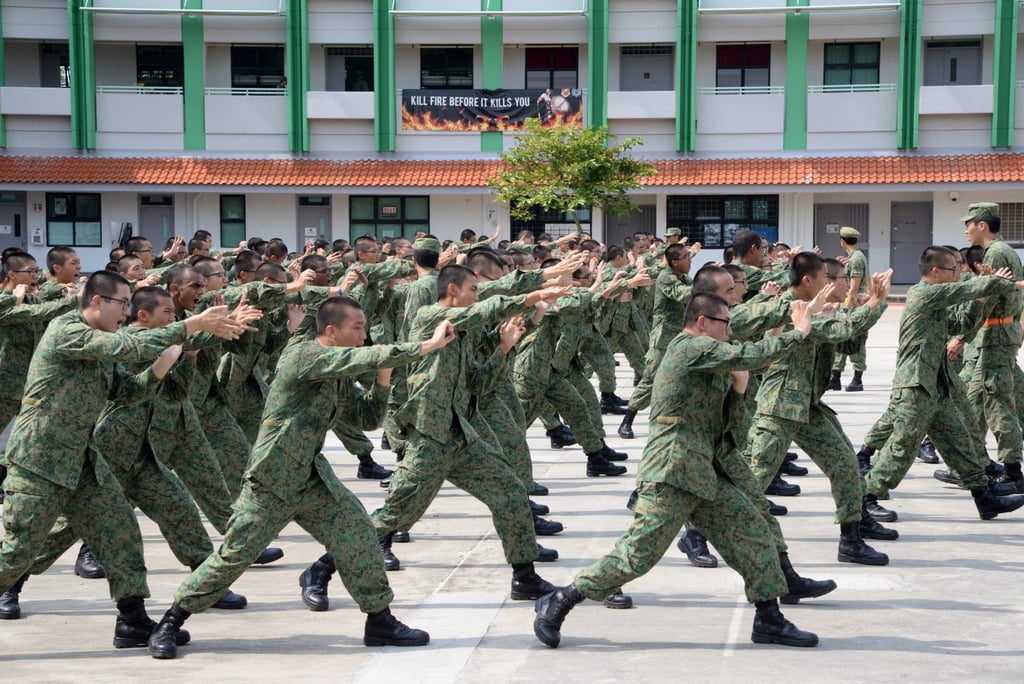Malaysians bemused by plan to relaunch national service after 6-year hiatus
Previous iteration of national service was scrapped in 2018 over claims of vastly inflated spending and serious safety lapses

Malaysia’s plan to revive its national service programme for school-leavers from next year after a six-year hiatus has been met with bemusement, after the previous incarnation was scrapped over claims of vastly inflated spending and serious safety lapses.
Unlike neighbouring Singapore’s mandatory national service, where all male citizens and permanent residents must serve in a rigorous two-year programme in the military, police, or civil defence, Malaysia’s previous implementation has been described as more like a summer camp.
Deputy Defence Minister Adly Zahari said the rebooted programme starting from January would begin with 500 participants at two military camps in the capital, Kuala Lumpur and Pahang, before being expanded to 13 camps nationwide in 2026.
The government says all women and men aged 16 and over will be automatically entered into a lottery to join the programme – with the number set to rise to 1,000 by June. Those selected can defer their participation to a more convenient time before they turn 35.
“The government allocated 50 million ringgit [US$11.47 million] as a start,” Adly told national news agency Bernama on Saturday.

Singapore’s national service, which authorities say has seen more than 900,000 people pass through it over the decades, is seen as a rite of passage for young men, a cornerstone of promoting social unity and a crucial block of the small city state’s national security infrastructure.
